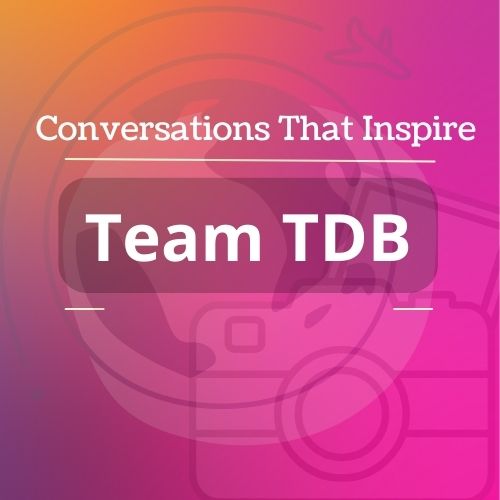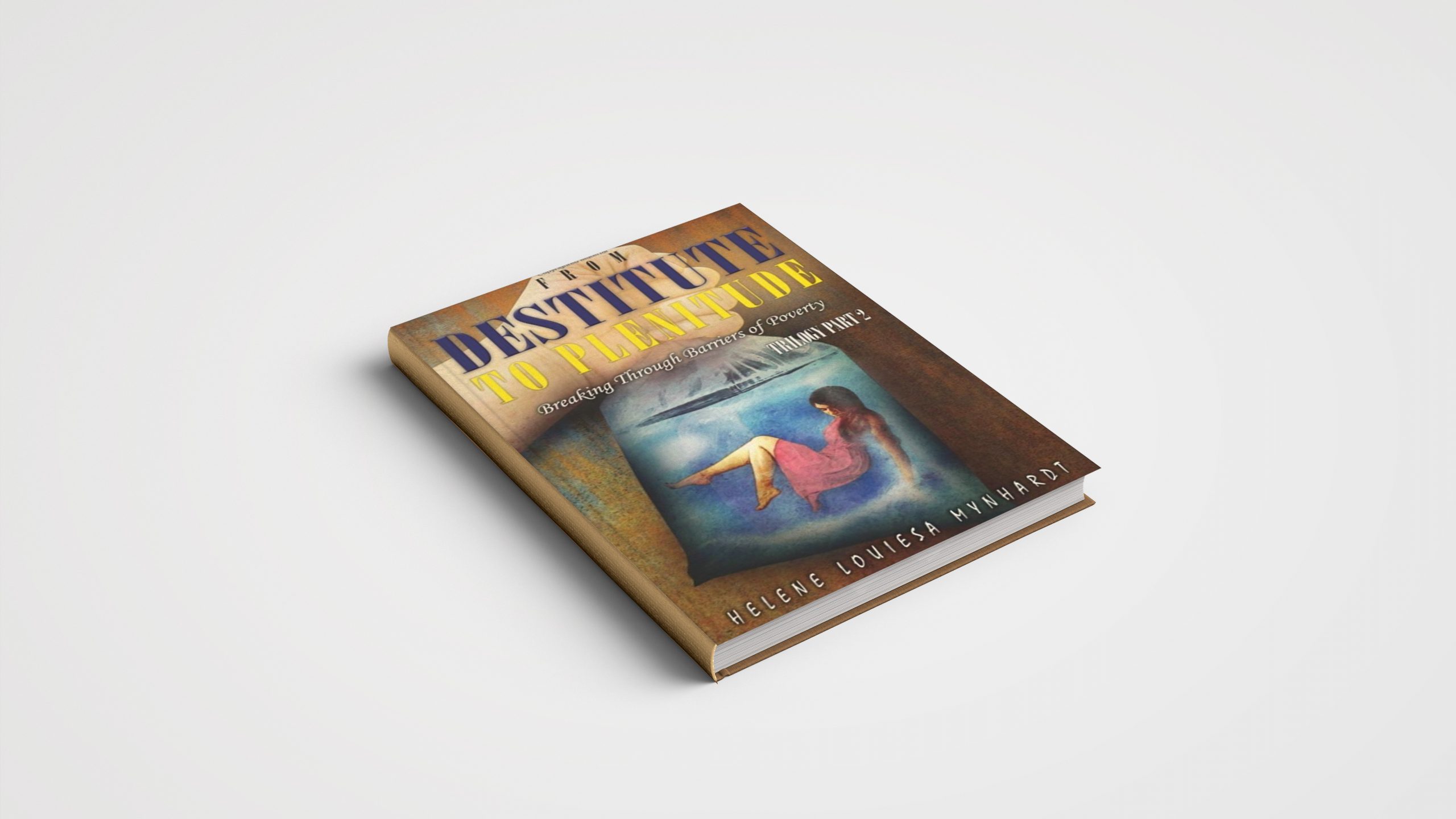In this book, author, Louiesa, writes about her triumphant entrepreneurial victory from an impoverished background. As a self-made entrepreneur, she identified and successfully pursued a business opportunity with her employer who granted her a rare chance to be placed on their panel as an external vendor (debt collector) before BEE became law. Although Louiesa treated her business partners as equal she did not receive the same reciprocation from them. Find out how laws are altered and manipulated to benefit the rich at the expense of the poor. The possible reason why South Africa is unable to narrow the gap between the rich and the poor is scrutinized. Read about how the change in government policy on dividend taxation saved the day.
Journey with the author, as she faced numerous business challenges on her own, ranging from fraud to sexual harassment, cultural barriers, and external auditors investigating fraudulent payments. Follow her story of how she witnessed firsthand racism towards fellow panel members. Without legal qualifications or any help, she became the legal representative in court cases representing their business. Her carefully planned strategies resulted in arrests and imprisonment. Numerous other interesting stories are included to analyse and explain the overall life challenges and constraints that ordinary, poor and struggling South Africans face.
The reason why the South African white race could not be “pure” is also explored with ample examples. Find out how fair-skinned parents abandoned darker-skinned children and how a coloured child was born to white parents. South African legislation was intended to serve everybody. However, manipulation and alteration from its original meaning and intention resulted in benefiting the rich at the expense of the poor. Find out possible reasons why the author alleges poor people in South Africa became poorer due to the debt trap they found themselves in. The government is constantly changing the laws but finding it difficult to keep up with ongoing manipulation. The author identifies exploitation of the poor and the vulnerable by big businesses.
This is truly a remarkable journey in the life of Louiesa who did not allow poverty barriers to curb her success. Her dogged determination made it possible for her to succeed despite many obstacles that she sees as prohibitive poverty barriers to many ordinary South Africans. She believes that South Africa is the world’s most unequal society and it is difficult to manage constant manipulation. The author further shares interesting information about how one thousand South Africans were reclassified under what is today known as the chameleon dance.



















